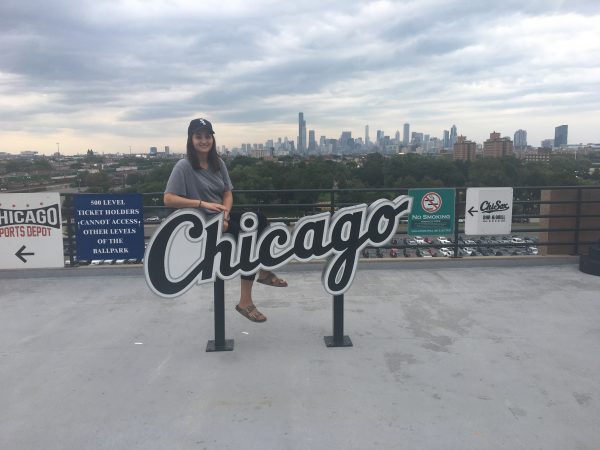One important thing to know about me is the pride I have for my city – Chicago. People tend to have a favorable bias toward their home, but it’s my personal belief that whether it’s the food, neighborhoods, architecture, museums, or sports teams, Chicago has a lot to offer.
When I came to Northwestern, I soon learned my professors and peers shared some of my enthusiasm for Chicago, but not everyone shared my pride. They talked about their favorite restaurant or their favorite museum, but they also pointed out Chicago’s flaws (poor public education and violence were common topics).
My response: Sure, Chicago has its flaws, but doesn’t every city?
I constantly defended Chicago in various conversations, but it didn’t last long. My “favorable bias” that I mentioned earlier only made my arguments weaker because I didn’t have unbiased facts to support my arguments. I used my personal experiences as support, which is somewhat valuable, but it doesn’t fully represent Chicago.
During my first year, I took a sociology class called Education & Inequality: Focus on Chicago. It’s one of my favorite courses at Northwestern, but it also made me feel insecure and disappointed in Chicago. I listened to the professor and my peers criticize some Chicago schools as we learned about different attempts to fix the system. I couldn’t defend the facts about low graduation rates or poor tests scores. By the end, I felt like my city let me down.
The course was eye opening, and while it didn’t change my love for Chicago, I did realize I needed to take a step back and consider my bias. When it comes to issues like education and Chicago, my emotions and opinions aren’t going to do much to fix the problem. My professors, courses and friends at Northwestern constantly remind me about that when they challenge me to look at other perspectives or take positive action. Since that course, I’ve participated in Medill Media Teens, which is a mentorship program for Chicago high school students. It’s one small way I feel like I can help my community.
In college, you need to overcome your biases if you want to learn. Not only that, but it might inspire you to act and work toward a solution. It’s difficult to be objective about issues that you feel close to, but it’s important to learn from others and listen to opposing viewpoints, especially in college. Whether it’s Northwestern or another university, be prepared for your professors, courses, and friends to challenge you. They want to help you grow.
